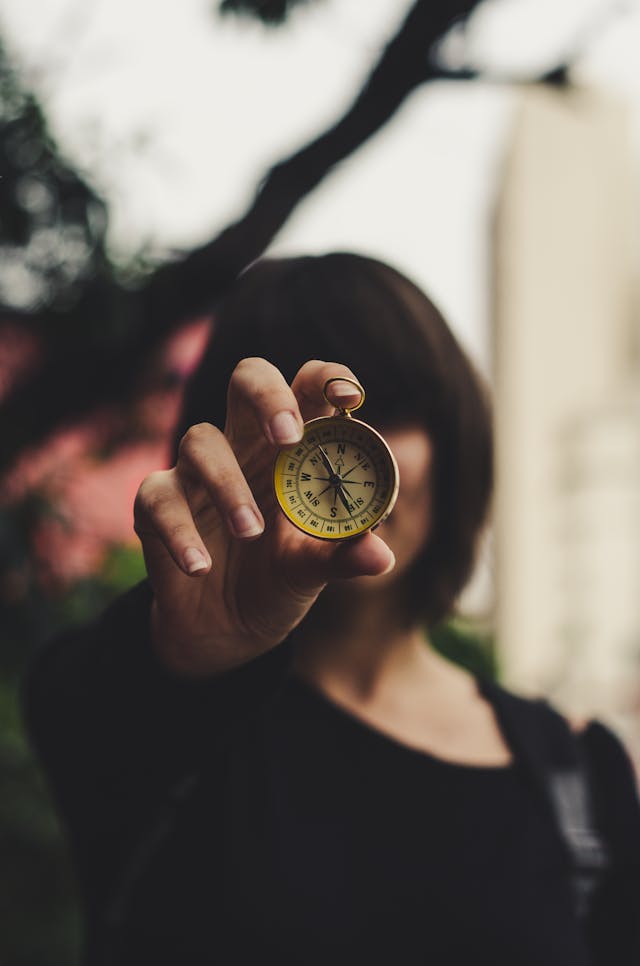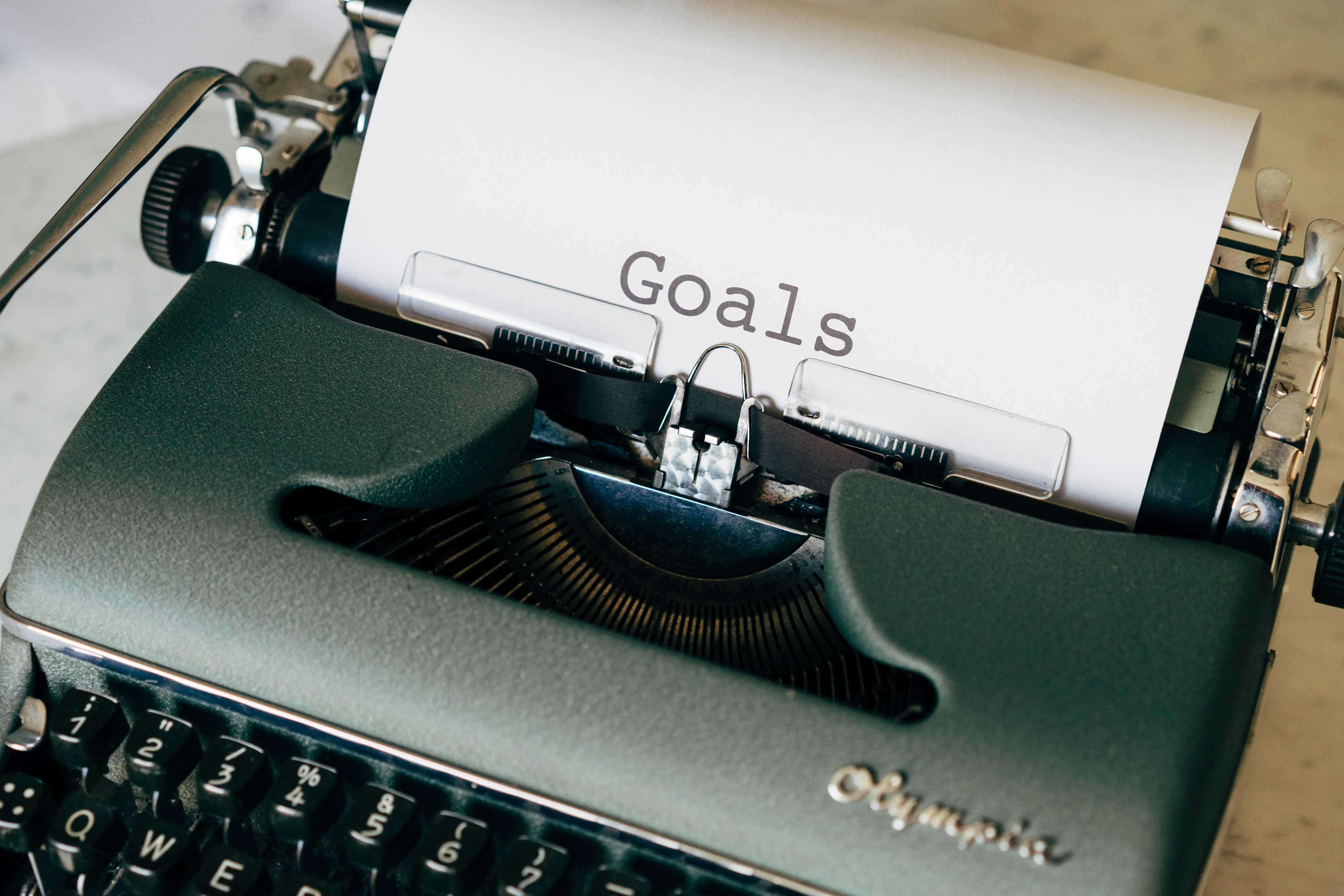Mindfulness is a simple and very powerful practice of training our attention. It’s simple in that it is just slowing down to pay attention to what is around us (through our senses…sights, smells, sounds) as well as our thoughts and emotions in a non-judgemental way.
To be mindful means to drop all goals and expectations and encounter the moment just as it is, embracing the unfolding of the experience. Paradoxically, it is this full embrace and acceptance of the present moment that opens new possibilities for change and personal growth. In opening to and embracing the present moment we’re able to let go of old habits of mind and discover new ways of relating to life with more kindness, lightness and creativity. When we fully accept ourselves and the present moment as it is, change happens. If we get fixed in some idea of how we want ourselves to be, we get stuck.
Mindfulness is an art, and as with any art, our skill is honed through investing time – as well as courage, determination, and self-honesty. Though the practice brings much ease and joy, there will also be times when it can feel difficult or trying. We may wonder, “why bother?” At times, almost anything can seem like a more satisfying alternative to sitting on the meditation cushion. The busyness of life can also sweep us away from our practice. Amidst so much activity, it can be hard to find the time for the nourishing practice of ‘non-doing’
“Make sure you weave your parachute every day, rather than leave it to the time you have to jump out of the plane.“ – Jon Kabit-Zinn
Why should i bother with mindfulness?
If we look at ourselves, friends and family, it may not be difficult to find one or more people in our lives who suffer from anxiety, stress, depression or have bad habits which negatively impact their lives!
Over the last 30 years, academic research in the fields of neuroscience, psychology and physical medicine have documented the wide-ranging benefits of learning to meditate and its effectiveness in aiding in the treatment of many mental and physical health issues, as well as generally improving our performance, relationships, and well-being.
If you were to attend your GP for stress or anxiety, one of the first forms of advice given would be to practice breathing exercises to help settle your body and mind. Mindful breathing is one of the core attention points during meditation and is central to all meditations. Focusing on your breathing directs your mind to concentrate on the movements within your body whilst breathing, this enables the mind to focus on one thing which in turn allows it rest.
The science of the mind
In recent years, neuroscientists have discovered that the brain is an “organ of experience”. That is, it changes its structure and activity in response to experience: what we repeatedly think, feel and do. This property of the brain is called neuroplasticity. If the brain operated like a computer, we could just load a new programme and decide to be happier, less stressed, and kinder. But it doesn’t operate like a computer! The brain is an organ and, as such, meditation is an organic process.
When we are engaged in the art of cultivating new habits of mind, we are also learning the art of letting go: letting go of habits of mind that cause ourselves and others to suffer. But we can’t force any of this process. We can only attend to each moment as best we can and be gentle and patient as we practice. Sometimes, we can become impatient for results –. It’s also helpful to remember cultivating mindfulness is a practice of rewiring the brain and that obviously takes time and effort!
The term ‘Life long learning’ is used alot in education and it can also be used in the context of Mindfulness. We are constantly learning about the world around as well as learning about ourselves! Mindfulness can be a great starting point in learning how to live each moment more deeply and to give ourselves a break when things aren’t going our way!



